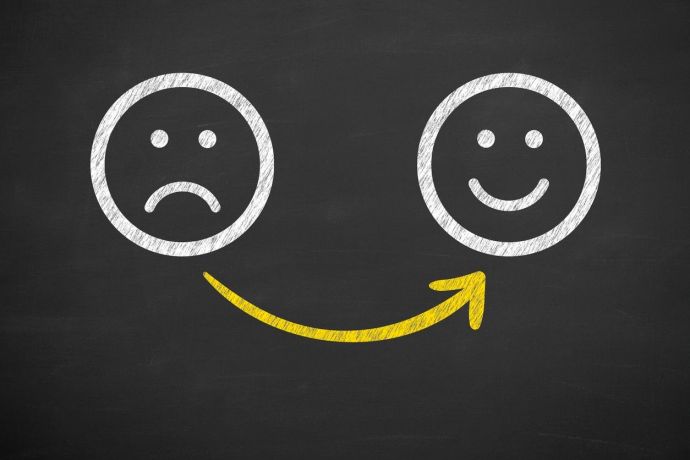Fighting Bipolar Disorder
Increasingly individuals are being diagnosed with Bipolar Disorder and other related disorders. Bipolar Disorder is commonly known as a roller coaster of emotions in which one minute a person is very happy (manic) and in the blink of an eye this same individual will plummet into the depths of despair and depression. This disorder is very perplexing for most people due to the quickly cycling changes in mood. Many individuals have a lot of questions about this particular issue due to its increase in prevalence during recent years. Several symptoms that are associated with Bipolar Disorder are as follows:

Manic Episode
- A distinct period of abnormally and persistently elevated mood
- During the period of mood disturbance there is an increase in energy or activity with any or some of the following noticeable changes from usual behavior:
- inflated self-esteem or grandiosity
- decreased need for sleep
- more talkative than usual or pressure to keep talking
- flight of ideas or subjective experience that thoughts are racing
- distractibility
- increase in goal directed activity
- excessive involvement in activities that have a high potential for painful consequences
- The mood disturbance is sufficiently severe to cause marked impairment in social or occupational functioning
- The episode is not attributable to the physiological effects of a substance or medical condition.
Depressive Episode
- Five (or more) of the following symptoms are being experienced
- depressed mood most of the day, nearly every day
- markedly diminished interest or pleasure in all, or almost all, activities most of the day, nearly every day
- significant weight loss when not dieting or weight gain
- insomnia or hypersomnia nearly every day
- psychomotor agitation or retardation nearly every day
- fatigue or loss of energy nearly every day
- feelings of worthlessness or excessive or inappropriate guilt nearly every day
- diminished ability to think or concentrate, or indecisiveness, nearly every day
- recurrent thoughts of death
- Symptoms cause clinically significant distress or impairment in social, occupational, or other important areas of functioning
- The episode is not attributable to the physiological effects of a substance or medical condition.
The above listed symptoms were taken from the Diagnostic and Statistical Manual of Mental Disorders, Fifth Edition (DSM-5).
This can be a difficult diagnosis to understand for both the individual and other people involved in that person’s life. Often times, therapy is paired with medication management to help treat this specific disorder and help the individual better regulate mood swings.
